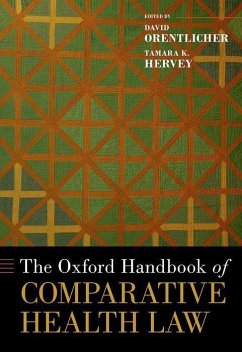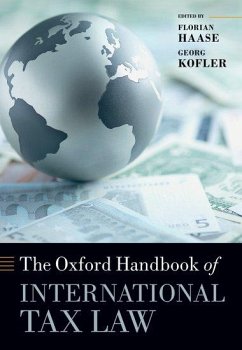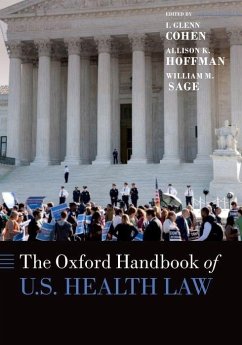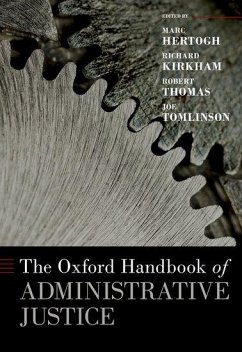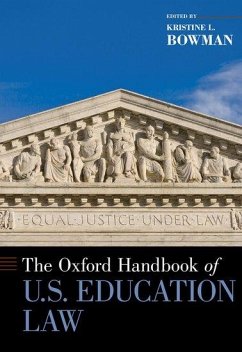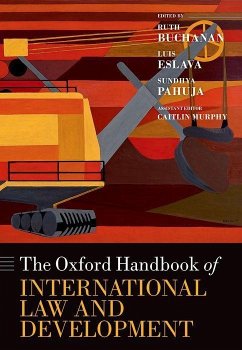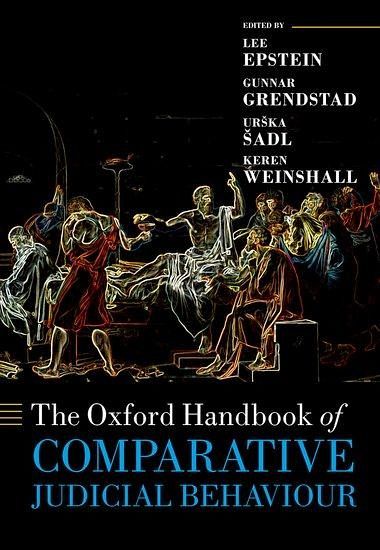
The Oxford Handbook of Comparative Judicial Behaviour
Versandkostenfrei!
Versandfertig in über 4 Wochen
225,99 €
inkl. MwSt.

PAYBACK Punkte
113 °P sammeln!
Court decisions have immediate consequences for the involved parties, but they often also have wider societal implications. In this Handbook, a renowned and international group of researchers draw on history, economics, law, and psychology to analyse how and why judges make the choices they do and what effect those choices have on society.



